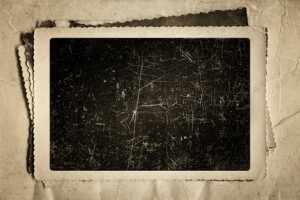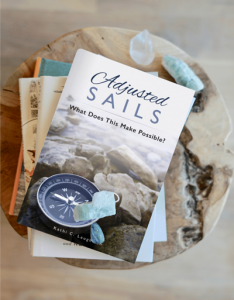In January of 2014 this encore post was published for the first time. The video re-surfaced this week and once again, the lessons spoke to me. Life lessons are all around us. We only have to look and be willing to see. I’m grateful for that gift. I hope that the insights are meaningful for you. #12 remains my favorite. Enjoy.
************************************************************************************************************
 I remember as a girl spending time working picture puzzles. Find the hidden pieces. What is wrong with this picture? Find the differences in these pictures. And so on. My analyst genes were already showing and these were some of my favorite games to play. I loved searching to find and studying to analyze. Even as a young girl.
I remember as a girl spending time working picture puzzles. Find the hidden pieces. What is wrong with this picture? Find the differences in these pictures. And so on. My analyst genes were already showing and these were some of my favorite games to play. I loved searching to find and studying to analyze. Even as a young girl.
That early interest stayed with me and is now part of my core strengths. Working with business data for many years and being able to see the story it told and then use that information to once again “find the hidden pieces”, determine “what’s wrong with this picture” and even see differences and find best practices and other fundamentals remained some of my favorite games to play.
Working as an author, this has become even more present for me in the way that I see things and assimilate them. A picture, a sound, or the arrangement of them can and does become a writing prompt because of the thoughts that they inspire. It isn’t so much a “moral of the story” as it is the “meaning of the moment” for me, although often there is a moral in there. I’m sure you have experienced the same thing yourself. Have you ever gone to the theatre with friends and watched a movie that you thought would be just entertainment and come away changed? Or read a book that moved you to another dimension you didn’t even know you had in you? Those experiences are very much in the same vein as those games because we are looking and experiencing beyond the surface activity. We are allowing ourselves to experience something deeper.
Today’s offering includes a video that is a time lapse recording of a master at work. The subject is the repairing and colorization of an old photograph. As I watched it the first time, I was completely captivated with the science and the art of what was unfolding. As I watched it a second time, the sub-text began writing itself for me as lessons we could learn from the repair and colorization of a damaged photo. And I knew that my muse was with me.
These observations on my part will make much greater sense to you if you watch the video first and then re-watch it after reading the list. Then after watching and reading my list, look for what your lessons might be. What would you add to the list?
I hope that this inspires you to recognize that so often what we need to see is in fact hidden within the picture. That sometimes things just need to get put into their proper place (perspective) and often, the most subtle differences make the biggest impact. Enjoy!
- Clear the way for the subject to shine (clean up the context first)
- Frame the focus (get the boundaries right)
- To check yourself, you’ll have to zoom in and zoom out (get the perspective right)
- Be patient (mastery takes time)
- Repair before you enhance (the color happens last)
- There is always a part of the process that’s harder (don’t give up)
- Some adjustments may be required (the first approach may not work, another one will)
- Once you’ve done it once, it’s easier (re-use the work and the lessons)
- Shadows create depth (why do we always forget this one?)
- Sometimes what appears to be an imperfection is just a stroke away from perfection (time can take its toll but it cannot erase the beauty)
- Mastery is what makes it look easier than it is (talent may begin it, but skill finishes it)
- Leave what you touch better than you found it (don’t settle for just fixing it, make It better)







